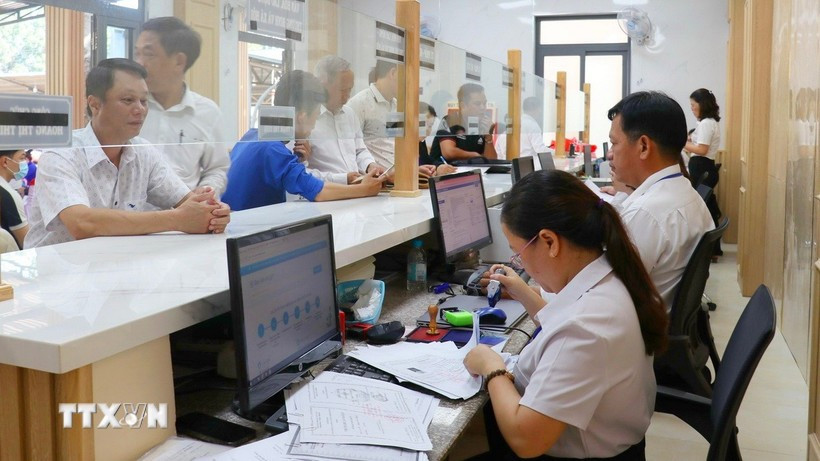Prime Minister Pham Minh Chinh has issued an official dispatch, instructing ministries, sectors, and localities to intensify the implementation of legal provisions concerning the decentralisation, delegation of power, and delineation of responsibilities within the two-tier local administration system.
Under Official Dispatch No. 168/CD-TTg, dated September 21, 2025 the PM acknowledged recent progress in decentralisation efforts, praising ministries and central agencies’ proposals and policy recommendations as well as provincial and grassroots-level authorities’ activeness, creativity, and flexibility in fulfilling their assigned responsibilities.
To ensure effective implementation of decentralised responsibilities, and to address existing operational challenges, the PM outlined a series of urgent tasks to be completed by the end of October 2025.
Accordingly, ministries and ministerial-level agencies are requested to thoroughly review the feasibility of current decentralisation frameworks, assess their effectiveness, and propose adjustments. They are also tasked with continuing to revise sector-specific legal documents to enhance decentralisation.
Further support and guidance must be provided to local authorities, particularly in building capacity for implementation and enforcement. This task must be completed by October 30.
The Ministries of Science and Technology; Construction; Culture, Sports and Tourism; Finance; Health; Agriculture and Environment; and Industry and Trade, which have been singled out for having an excessive number of administrative procedures still under central control (over 40%), are directed to accelerate the decentralisation of administrative procedures, simplify and streamline processes, ensure local administrations are equipped with the necessary resources to handle devolved responsibilities, and reduce the time and cost burden on people and businesses.
They are also expected to develop tools for monitoring, implementation, and supervision to ensure accountability during the decentralisation process within October.
Provincial and municipal People’s Committees must evaluate their ability to enforce decentralisation policies and laws. Where necessary, they should make adjustments or propose legal amendments to ensure alignment with the Law on Organisation of Government, the Law on Organisation of Local Governments, and current socio-economic conditions.
Local authorities are required to ensure sufficient allocation of resources, particularly in terms of staffing, to match functional requirements and improve public service delivery. They are encouraged to take proactive steps in further decentralising responsibilities within their jurisdictions to meet state management requirements within October.
The Government Office and the Ministry of Home Affairs are assigned to monitor progress and report any issues that fall outside their jurisdiction to appropriate authorities./.



















